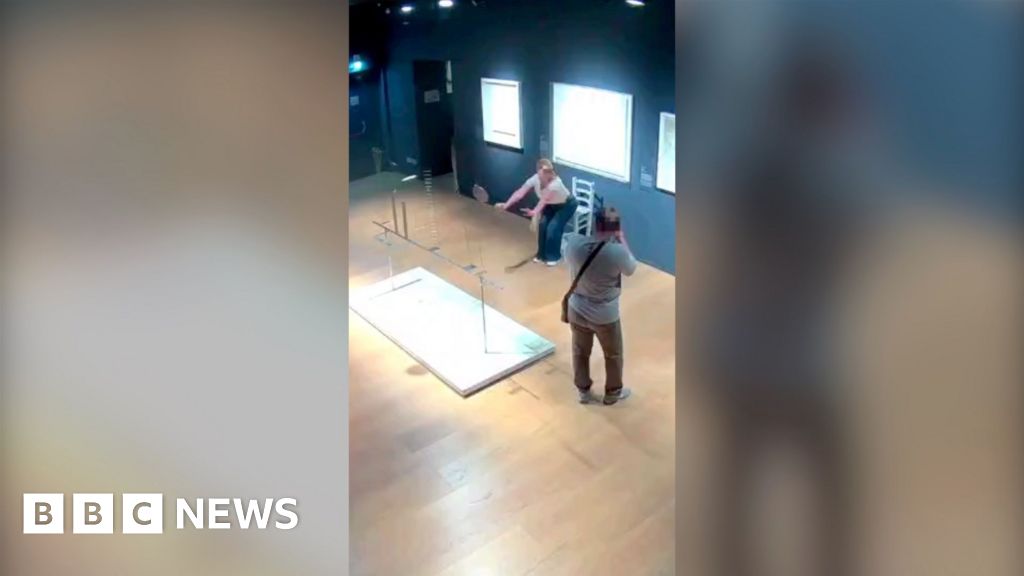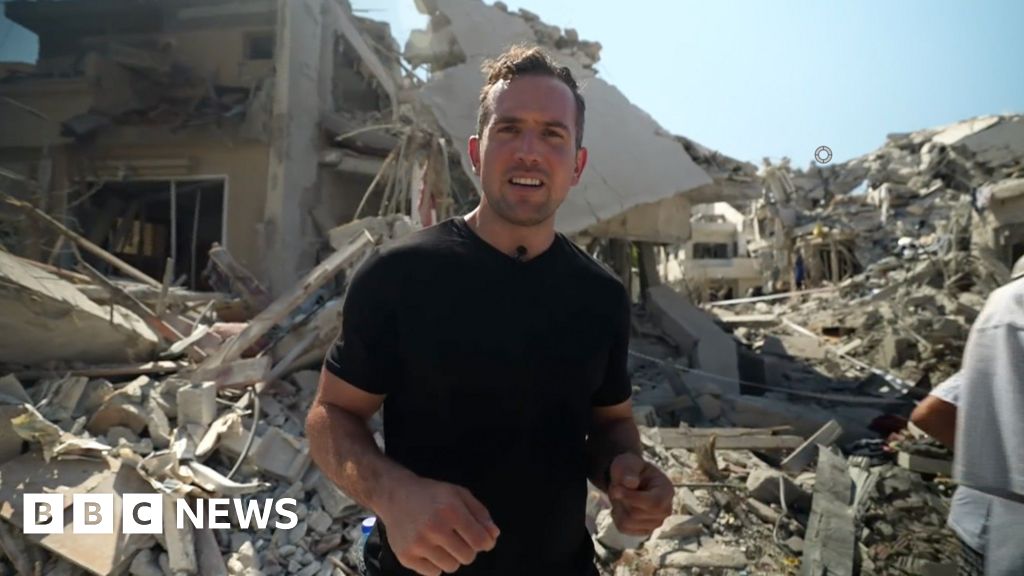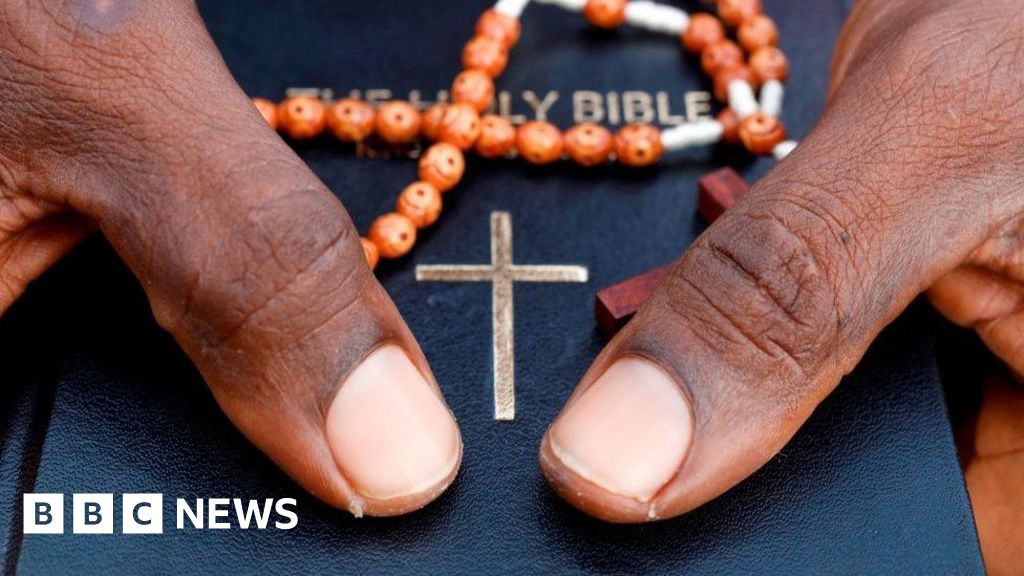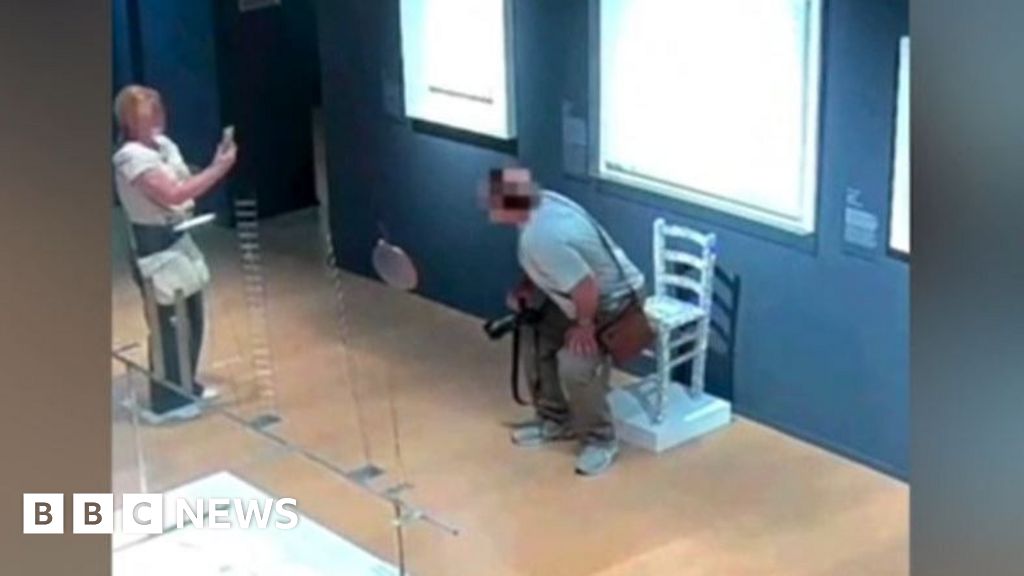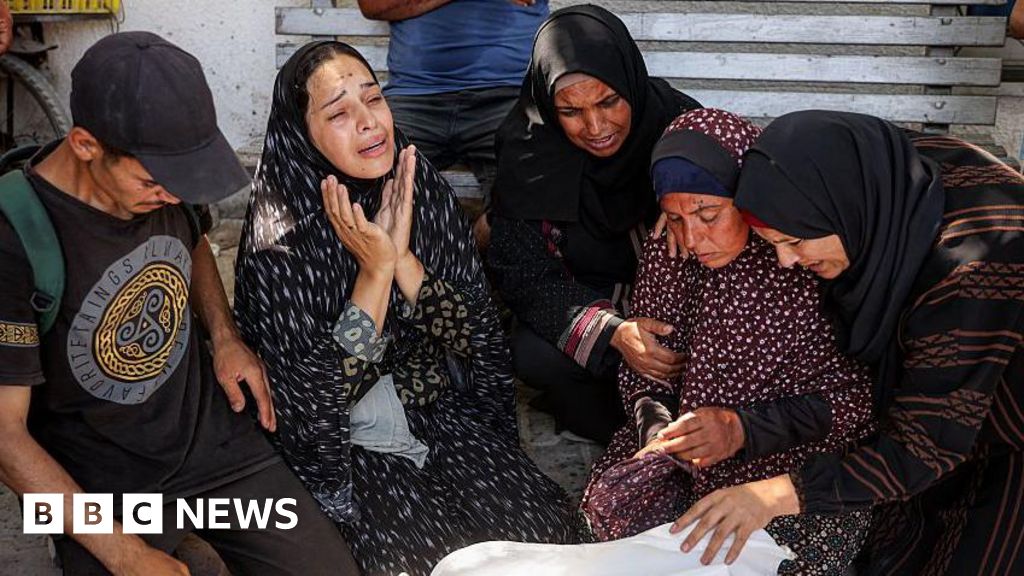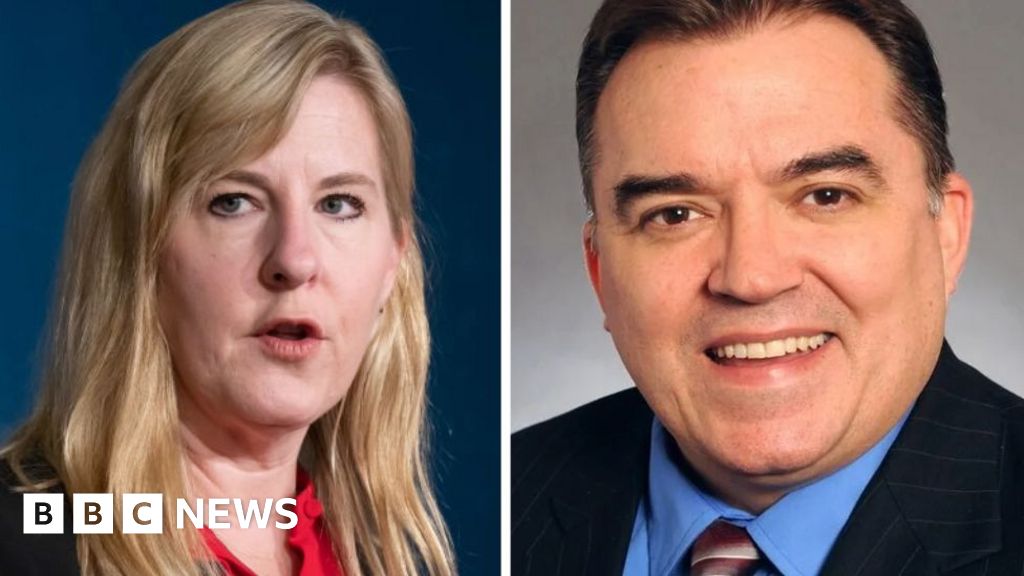Joe Tay, an actor and journalist running in Monday’s federal election in Canada, has not ventured outside to knock on constituents’ doors. He has not buttonholed voters at the local strip mall. Nor has he been seen schmoozing at public gatherings.
Fearing for his safety, Mr. Tay — a critic of the Chinese government, which has placed a bounty on Mr. Tay and offered $130,000 for information leading to his arrest, and who is running in a key electoral district in Toronto — has waged perhaps the quietest campaign of any candidate competing in the election.
And days before the vote, Mr. Tay’s ability to campaign shrank even further as Canadian government officials revealed that he had been the subject of coordinated online attacks on Chinese-language sites linked to the Chinese government. For the past four years, Mr. Tay has denounced China’s tightening grip on Hong Kong and the disappearance there of democratic freedoms.
The attacks sought to discredit Mr. Tay, a Conservative, portraying him as a criminal, and to suppress information about his candidacy, Canadian officials said at a news conference this past week.
“There is a narrative being amplified by the P.R.C. government,” Vanessa Lloyd, the head of Canada’s intelligence agency, said, referring to the People’s Republic of China.
The attacks on Mr. Tay have sought to influence the outcome of the race in Don Valley North, a district with a large Chinese diaspora in Toronto, in what is the most vote-rich region in Canada.
The district was also the focus of Chinese government interference in previous elections, and revelations about it raised questions about the robustness of Canada’s political system and the willingness of its main political parties to combat foreign interference.
A yearlong federal inquiry into foreign meddling in Canada’s political system found that a handful of countries — led by China and India — tried to advance their interests in Canada by backing or opposing candidates in the two previous general elections, in 2021 and 2019.
The candidates ran in diaspora-rich districts in Toronto and in Vancouver, British Columbia, where foreign governments have wielded influence through community associations, business leaders and other proxies.
Most of the overhauls endorsed in the past year to combat foreign interference have yet to be put in place for the current election, though some changes, including weekly intelligence briefings like the one detailing the efforts against Mr. Tay, have raised voters’ awareness of foreign nations’ attempts to shift public opinion.
Critics say that the main political parties, the Liberals and Conservatives, have yet to show full commitment to stop foreign interference at the expense of furthering political interests.
In the past two elections, the Chinese government sought to undermine candidates critical of its human rights record and its policies in Hong Kong, including the imposition of a national security law in 2020. Most of China’s targets were members of the Conservative Party, which has adopted a tough line toward Beijing.
At the same time, the Chinese government or its proxies backed candidates — mostly Liberals — who took a softer stance toward Beijing.
In Don Valley North, the Chinese government in 2019 “actively supported” a preferred candidate, Han Dong, in a Liberal Party nomination race, in what the Canadian government identified as a major instance of suspected foreign interference, according to the federal inquiry’s final report.
According to another report, by a special parliamentary committee, Canadian intelligence said that the Chinese government “had a significant impact in getting” Mr. Han nominated.
Buses transported 175 to 200 foreign students from China to vote, and the Chinese Consulate directed them to vote for Mr. Dong “if they want to maintain their student visas,” according to the report. Mr. Dong went on to serve two terms in Parliament.
Mr. Dong, who left the Liberal Party, recently announced that he would not run for re-election as an independent.
Despite the findings, Ted Lojko, who managed Mr. Dong’s campaigns in the two previous elections, said there had been “absolutely” no foreign interference.
Mr. Lojko is now managing the campaign of the Liberal candidate hoping to succeed Mr. Han: Maggie Chi, who has worked for city councilors in Toronto and ran unsuccessfully for positions at the municipal and provincial levels in the past.
“Maggie is as Canadian as apple pie,” Mr. Lojko said, adding that Ms. Chi immigrated to Canada from China as a child. “She’s not really interested in what’s happening on an international basis in China, Taiwan, Hong Kong.”
Mr. Lojko, who declined to make Ms. Chi available for an interview, said that he did not “make much” of the government’s revelations that Ms. Chi’s rival, Mr. Tay, had been the target of online attacks coordinated by the Chinese government.
A Canadian government election watchdog described the attacks on Mr. Tay as a “transnational repression operation” carried out by China in Canada. The watchdog said that “a series of deliberate and persistent activity across multiple platforms,” including WeChat, TikTok and Facebook, drew attention to the bounty on Mr. Tay and denigrated his competence.
“They are consistent with the C.C.P. tradecraft, similar to the other threats that have been made against me throughout this campaign,” Mr. Tay said in a statement, referring to the Chinese Communist Party. Mr. Tay declined an interview request.
Mr. Tay, who has worked as an actor in Hong Kong, in 2021 established HongKongerStation, a YouTube channel focusing on the Chinese government’s repression in Hong Kong. Though the Conservative Party ultimately appointed Mr. Tay to run in Don Valley North, he first campaigned in 2023 to become the party’s candidate in a district in Markham, just north of Toronto.
In December, the police in Hong Kong issued arrest warrants for Mr. Tay and five other overseas activists, accusing them of violating Hong Kong’s national security law.
“That is probably one of the most overt and explicit ways that China tries to interfere in Western democracies like Canada,” said Marcus Kolga, the founder of DisinfoWatch, a Canadian organization that tracks foreign interference. “I suspect that that bounty was placed on him to try and derail his campaign.”
At least one of Mr. Tay’s political rivals tried to use the bounty against him. In a comment to reporters, Paul Chiang — the Liberal incumbent in the district where Mr. Tay had been campaigning before being appointed as the candidate in Don Valley North — suggested that anyone could take Mr. Tay to the Chinese Consulate in Toronto and collect the bounty for his arrest.
Prime Minister Mark Carney defended Mr. Chiang even as he described his comment as “deeply offensive.” But Mr. Chiang was eventually forced to step down after the police said they were investigating whether his comment broke the law.
Polls showed the Conservative Party ahead in Don Valley North early this year, before most Canadians began turning to Mr. Carney as the most capable of dealing with President Trump and his threats against Canada. Now, like in much of the rest of the country, the Liberals are leading in Don Valley North.
Naila Saeed, who is running in Don Valley North as the candidate of the New Democratic Party, said foreign meddling in another election in the district would undermine voters’ faith in elections.
“It’s a very serious concern and threat to our democracy,” she said.
Ms. Saeed and others said that neither the Liberals nor the Conservatives had wanted to draw much attention to foreign interference during this campaign.
While the Chinese government’s meddling in Canada had sought to back Liberal candidates, the Indian government is believed to have supported Conservative candidates in an effort to sideline supporters of Sikh autonomy in India.
“It’s see no evil,” Cheuk Kwan, a chair of the Toronto Association for Democracy in China, said of the two main parties. “They’re not serious at all about foreign interference.”
Source link
